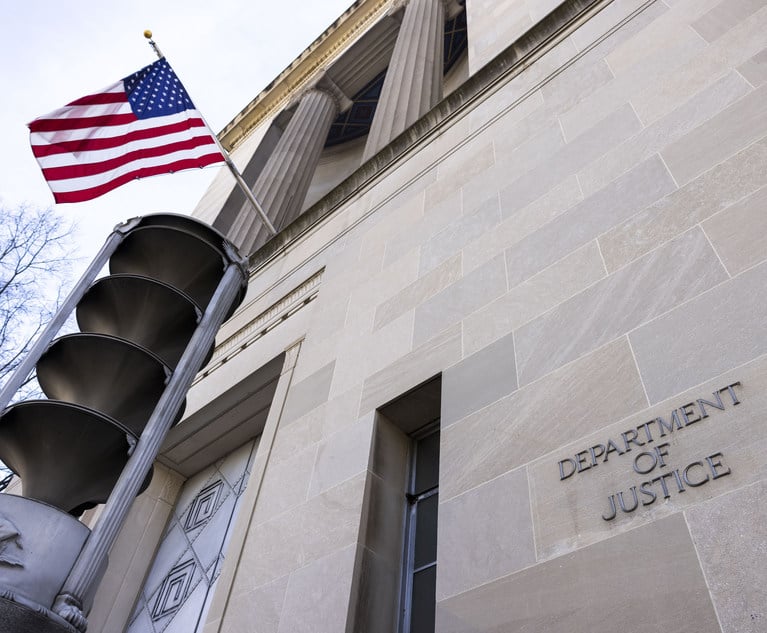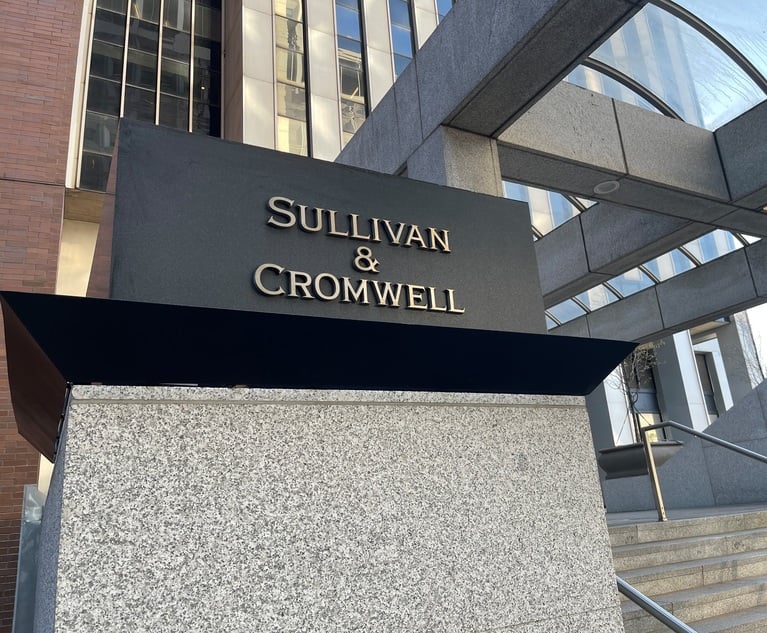Chief Justice John Roberts Jr. is considering whether the U.S. Supreme Court should have its own code of conduct, Justice Elena Kagan revealed on Thursday.
Speaking at a rare congressional hearing called primarily to review the court’s budget, Kagan and Justice Samuel Alito Jr. were pressed to explain why the justices—unlike judges on the lower federal courts—are not required to abide by an ethics code.


 Justices Elena Kagan, left, and Samuel Alito Jr., right, arrive Thursday to testify in the U.S. House about the U.S. Supreme Court’s budget. Credit: Diego M. Radzinschi/ NLJ
Justices Elena Kagan, left, and Samuel Alito Jr., right, arrive Thursday to testify in the U.S. House about the U.S. Supreme Court’s budget. Credit: Diego M. Radzinschi/ NLJ






